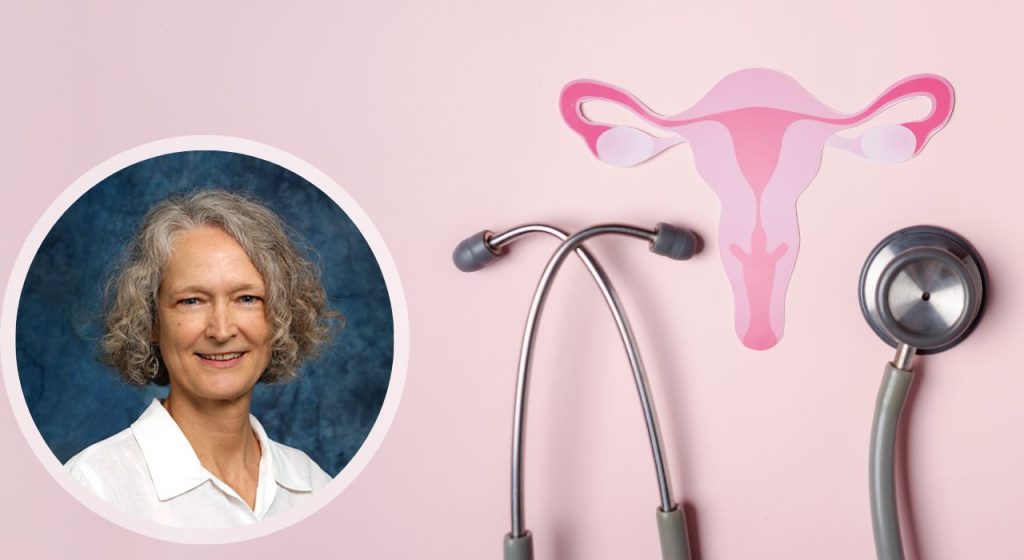
Originally published by UCI Public Health News & Media
March 21, 2023
In a new study, University of California, Irvine researchers found that exposure to the compound tetrahydrocannabinol (THC), a component of cannabis, at a young age could lead to depleted ovarian follicles and matured eggs in adulthood by nearly 50 percent.
The study, published online in the journal Toxicological Sciences, shows that the use of cannabis earlier in a female’s life could have long-term effects on the ability to conceive.
“Given that more and more teenagers and young adults are using cannabis, especially with easier access to the substance, this study’s findings are especially important,” said senior and corresponding author Dr. Ulrike Luderer, professor of Environmental and Occupational Health at the UCI Program in Public Health and faculty member of the Southern California NIOSH Education and Research Center. “It is imperative to widely broadcast the consequences of early-life exposure to cannabis on reproductive health in adulthood.”
The research team used a mouse model. They started by injecting THC into immature mice for a period of two weeks and evaluated the effects on their models at different time periods. They found that the number of healthy ovarian follicles decreased by nearly 50% in primordial follicles, which are the fundamental reproductive units of the ovary and are non-renewable.
Researchers suspect that the dramatic drop in ovarian follicle numbers was caused by accelerated activation of resting follicles, followed by DNA-damage-associated death of follicles at later stages of development. These effects are likely mediated by the endocannabinoid system (ECS), a signaling complex that serves a vast array of bodily functions in mammals. In line with this, the researchers also found that the ECS component proteins called cannabinoid receptor type 1 (CB1R) and type 2 (CB2R), which THC and its active metabolites activate, are present in ovarian follicles.
“Our findings provide unexpected new insights into the long-term impact of THC on reproductive function and aging,” said co-author Daniele Piomelli, Ph.D., distinguished professor of anatomy and neurobiology at the UCI School of Medicine. “Our hope is that our findings will motivate teenage girls to make better, more informed decisions about whether or not to ingest cannabis products.”
This study was supported by the National Institute on Drug Abuse Center under grant P50DA044118; the National Institute for Health under grant R01ES020454; and the Impact of Cannabinoids across the Lifespan Pilot Grant.
Original article published by UCI Public Health News & Media


